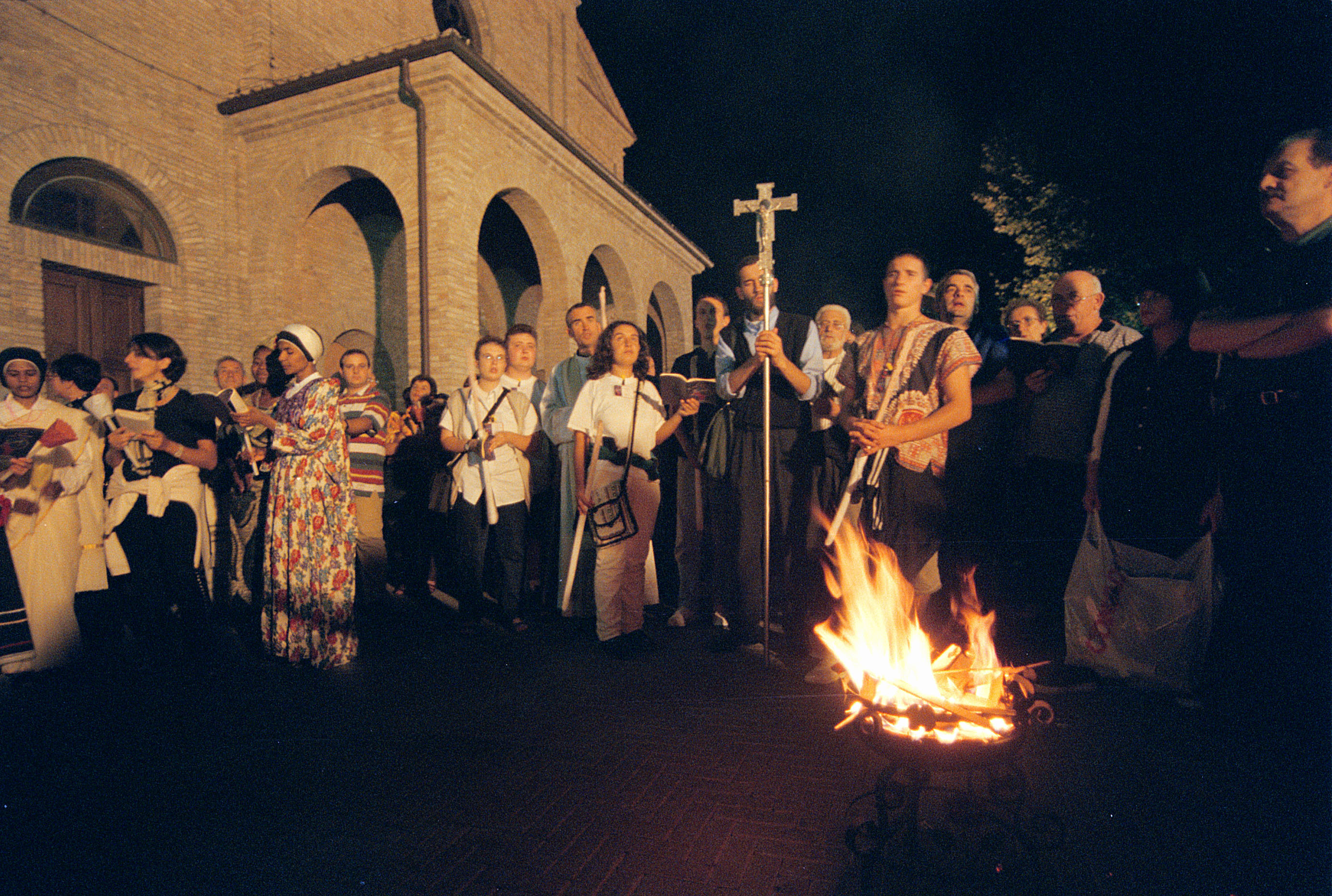SPAIN
The World Day of Missions in Spain is known as a “Domund”, celebrated on October 18. Donations increase, vocations are falling. Two exemplary stories.

The bull “Misericordiae vultus”, with which Pope Francis established the extraordinary Year of Mercy is the source of inspiration of Dormund 2015, whose theme was “Missionaries of Mercy”. The World Day of Missions, known in Spain as “Domund”, is an appeal to the responsibility of evangelization for all Christians, with an invitation to love and support the missionary cause. “Missionaries – recall the Spanish Missionary Pontifical Works – spread the knowledge of the message of Jesus to everyone, especially in those areas of the world not yet reached by the word of the Gospel”. A generous people. Spanish people have shown their solidarity on the occasion of the Dormund. In 2014, donations have increased by 10.1%, added to an over 5% increase the previous year, as recalled by Anastasio Gil, national director of the Spanish Pontifical Missionary Works (OMP). These sums, he said, provide support to 1109 territories of mission in the ordinary sustainment of the dioceses, projects and emergencies. These forms of support are the result of small donations. “People trust OMP because they know they are putting their money in the hands of the Holy Father, who knows their needs”, remarked Gil. He added: “We can assure that every euro reaches the missions integrally” and is allocated as follows: 35% for ordinary needs, 55% for special needs and 10% for emergencies. Anastasio Gil highlighted the relationship of missions with the contributions offered by the dioceses of origin of the missionaries: “38% of the Catholic Church depends on the donations by the faithful”. In concrete terms, Spain, after the United States, is the Country that most contributes to the missions with over 13 million dollars. Elderly missionaries, an example for everyone. The national director of OMP recalled the presence of approximately 13 thousand Spanish missionaries in 140 world Countries. For Gil, elderly missionaries are “witnesses of faith” in their communities and are an example for native vocations, the future of the Church. He pointed out that 50% of missionaries are above 70. As a concrete token of the mission for the Domund campaign 2015, were presented two missionaries, one in Cuba and the other in Chad. “Our mission is to incarnate the merciful love of God. We are the family of those who don’t have one”, said Toñi Valverde, missionary of the Amor de Dios in Cuba, a protagonist of this year’s Domund manifesto. In it he is seen embraced to an old woman, Aida, one of the women visiting the missionaries in their social and evangelising action. The religious recognised that in the past 9 years as missionary in Cuba she noted a “change for the good” also thanks to the contribution of the visits of the past three popes and therefore the Catholic Church continues her evangelising commitment. “Channels of mercy”. Carlos Gómez-Vírseda explained that in Chad his two vocations – medicine and mission – came together. He left for Chad, the poorest Country in the world, when he was 28, to cooperate in a Jesuit project that promotes health assistance for medical formation, without distinction based on race, gender, or religion. He practiced medicine in the midst of many difficulties – tropical medicine, lack of material and personal means, solitude – and discovered the dignity of the human person as the son of God, especially in the most serious cases. When he could not heal them, he always treated and accompanied them. “I’m not a hero, I am just a channel of mercy”. Before the drop in missionary vocations, Gómez-Vírseda observed that despite young Spaniards are not lacking reasons for disquiet, it costs them to make a step and “break ranks”. Domund is celebrated October 18. The Pontifical Missionary Works will organize in Seville the “Domund Exibit”, an exhibition and a diversified agenda of initiatives that seek to bring the reality of missionaries closer to the faithful.